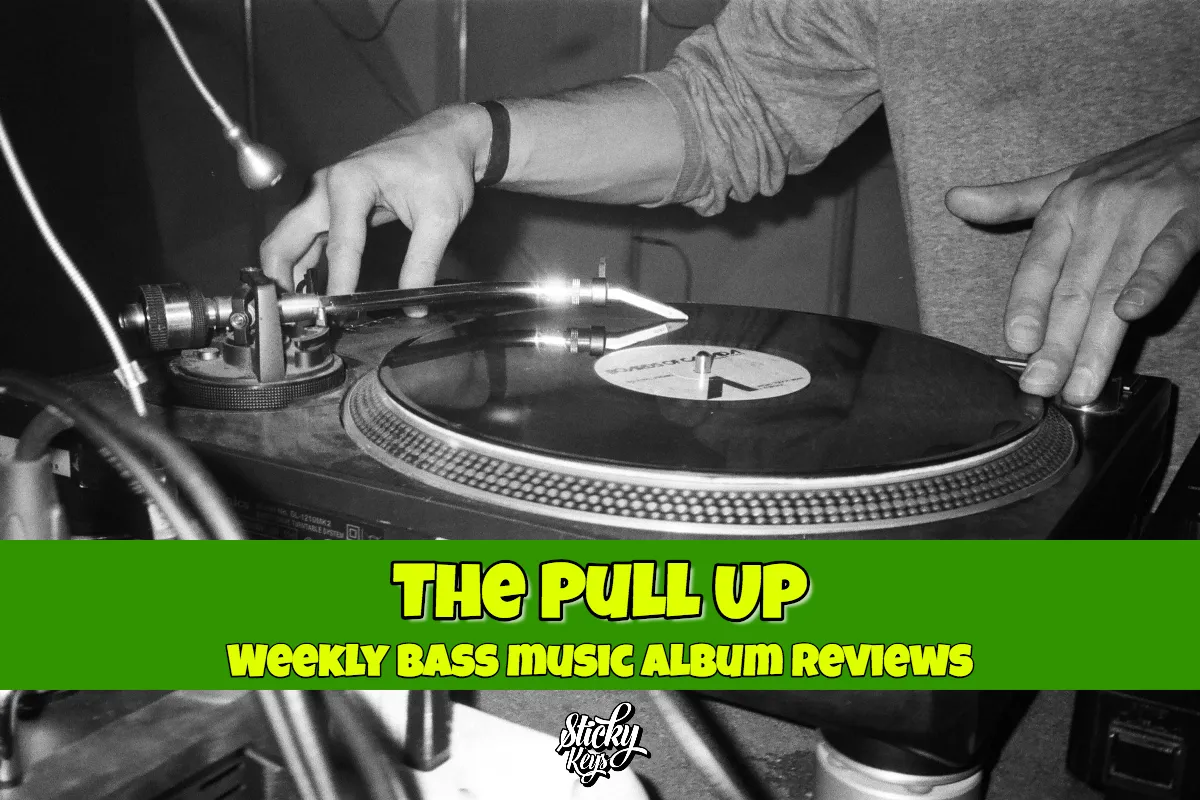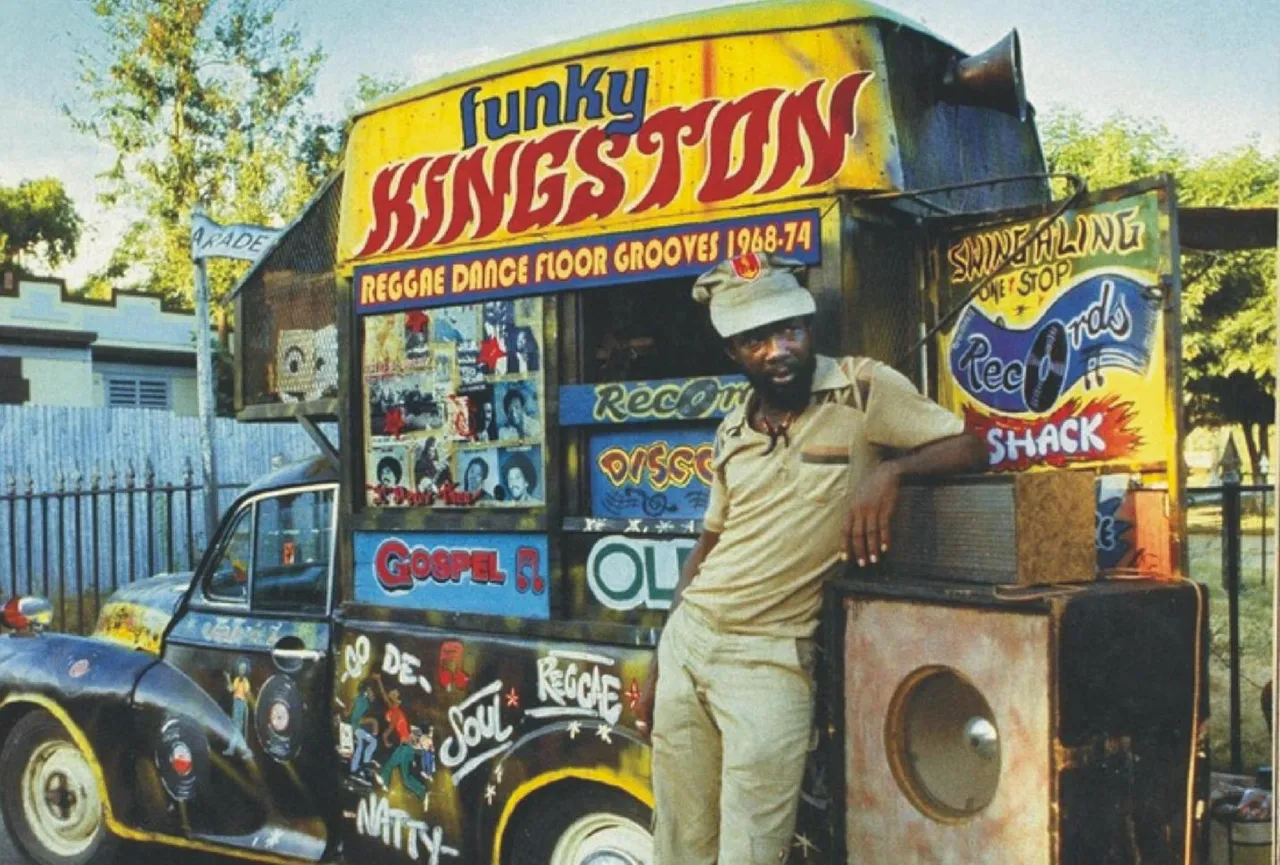
Well, here's another one! I have previously introduced my first segment, Bring Back That Classic! which began last week, and you can view my latest post on the Super Nintendo here. On top of that, I've been writing Hip Hop album reviews for @hhtb (Hip Hop The Blockchain), and I'm on my twelfth review for Mac Miller's latest album 'Swimming'. Seriously, check out @hhtb, we have a lot more content coming to you soon.
So I figured, now that I'm getting into the flow of writing more, and I'm slowly starting to transition away from the corporate/Babylon life, I'd start introducing more segments of my own because I'm better at writing content if there is a focus in mind, rather than random things that pop into my mind. I'll still do that occasionally, but can't commit to something like that on a regular basis. That being said, I figured as a DJ, I'd like to share with you my other passion besides Hip Hop: Bass music. Which is essentially any genre of music that is or was at some point inspired by Reggae music or sound system culture. This can be anything from Dub, Dubstep, Dancehall, Moombahton, Soca, Jungle, Grime, and on and on and on.
What is a 'pull up'? At sound system parties in Jamaica and across the Caribbean, the crowd would shout "PULL UP!" if the deejay (reggae deejays of the past would both play music and be an MC on the microphone, sometimes with only one turntable, they would chat on the microphone while he flips his record over to play the next song) was playing a really good tune. The deejay would then spin or 'wheel' the record backwards, causing a fast backward sound of the track before replaying the song again from the start. This action is called the 'pull up'. I tried to find a video example, but couldn't, so here's an interesting article about it.
For those of you who are tired of my shameless self promotion and are here to find out a little on the history of Reggae music, research it yourself! Just kidding. Be honest. How many of you, when I mention the word Reggae, immediately think of Bob Marley? Well, you're not far from the truth as he did put reggae on the map, however there are hundreds, if not thousands of Reggae artists. Reggae music wasn't originally called Reggae music, as there was another genre that came before it that was inspired by Rock 'n' Roll of the 40's and 50's. Bob Marley's band, The Wailers was a Rocksteady band. Rocksteady was a genre that originated around 1966 in Jamaica. It was a successor to Ska music and a precursor to Reggae. Rocksteady was performed by vocal harmony groups such as The Maytals, The Paragons, and The Heptones. The name rocksteady came from from a Alton Ellis song, 'Rock Steady'. The first Rocksteady hit was by "Hold Me Tight" by American Soul singer Johnny Nash. The music infused elements of R&B, Jazz, Ska, African and Latin American drumming.
Johnny Nash - 'Hold Me Tight'Reggae music evolved from these roots and had political lyrics that addressed social and economic injustice. This, along with the Rastafarian movement brought together a community that would eventually be called Reggae. The term reggae came from the Jamaican word 'rege-rege' meaning rags or ragged clothing to denote the raggedy sound of the music. Notable Reggae artists include the aforementioned Bob Marley, Bunny Wailer, Peter Tosh, Gregory Isaacs, and Dennis Brown. Later on, popular British bands would incorporate this sound, including UB40 and Steel Pulse.
So, I will be introducing albums, both new and old that have been inspired by Reggae music. Let me know what albums you would like me to introduce, and I'll be happy to include them! Thank you for reading and stay tuned for The Pull Up! One Love!
